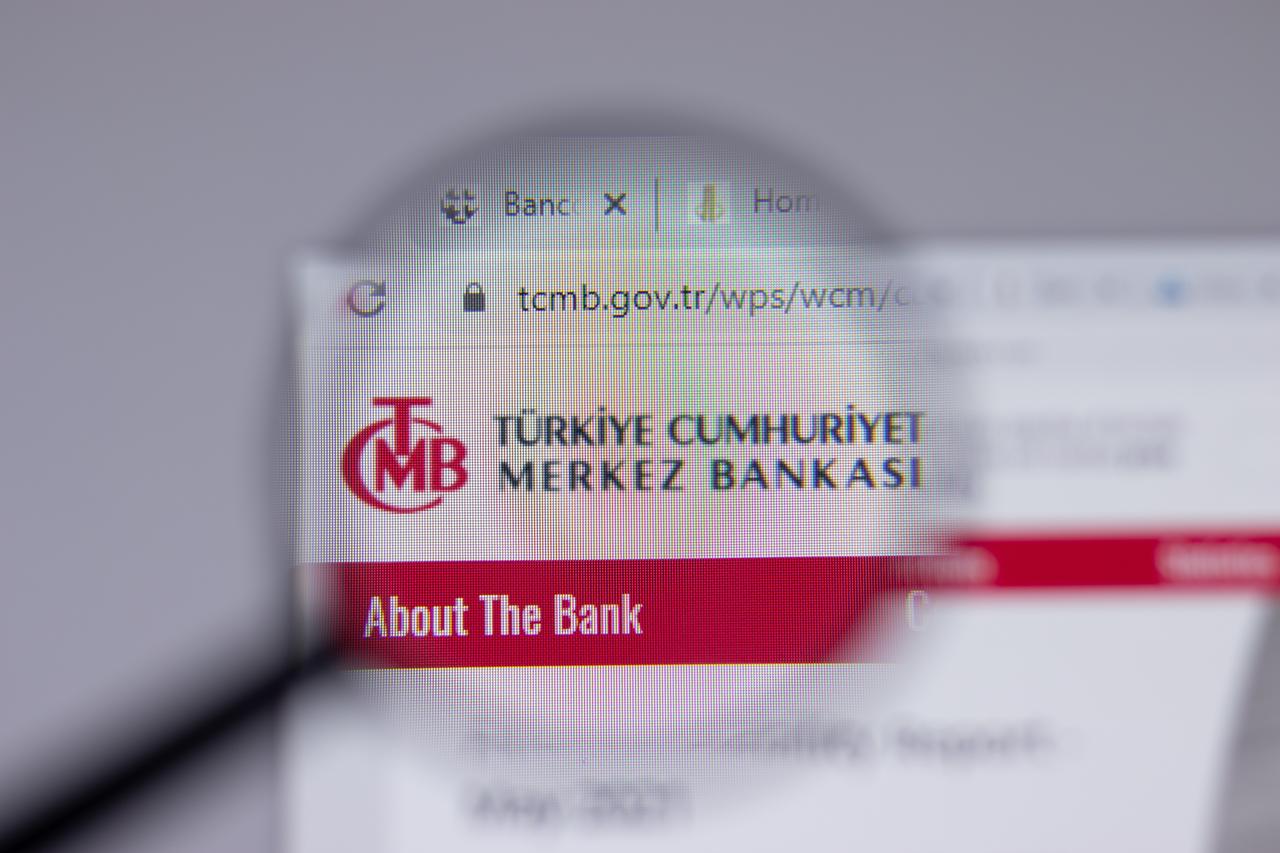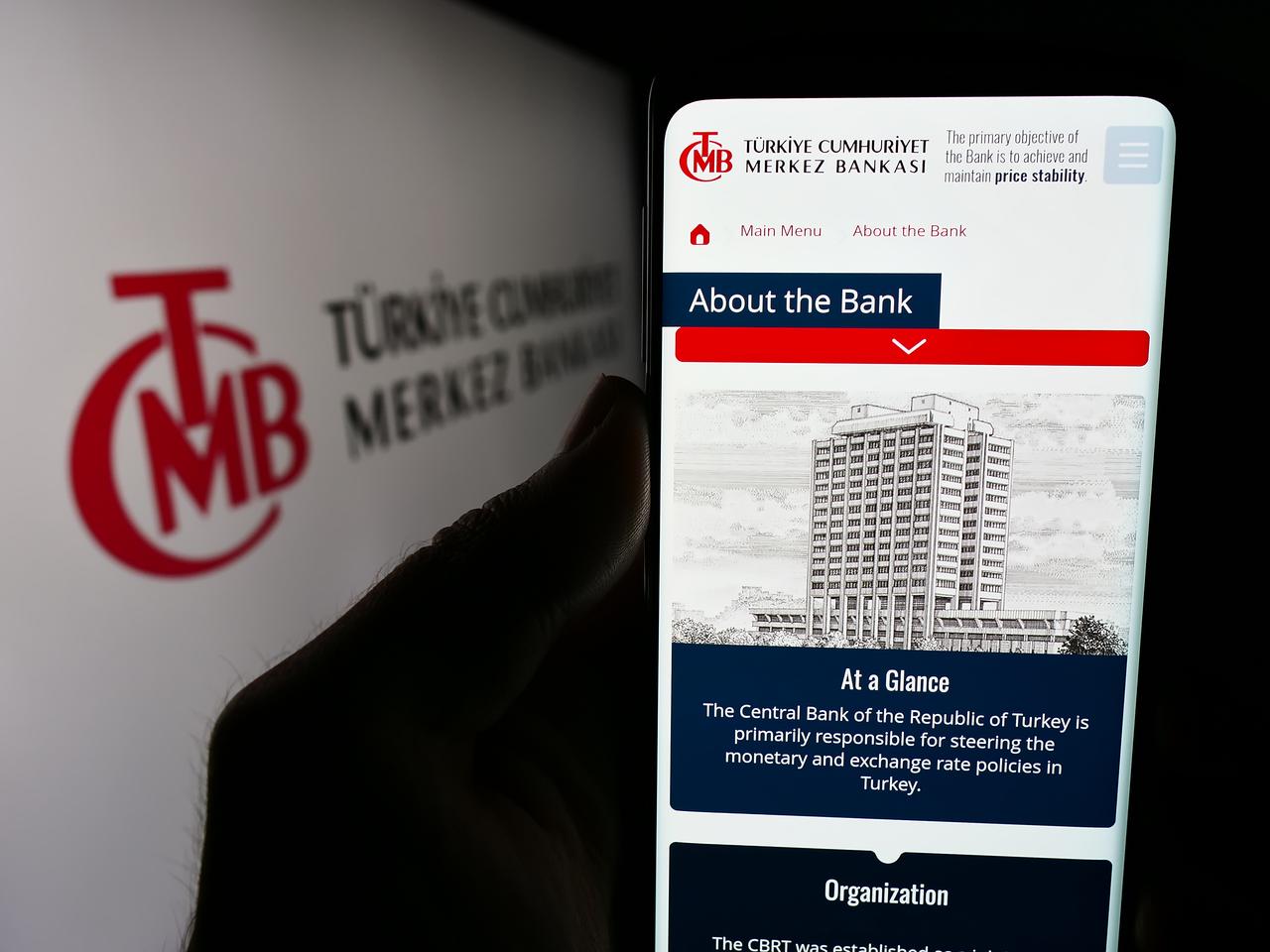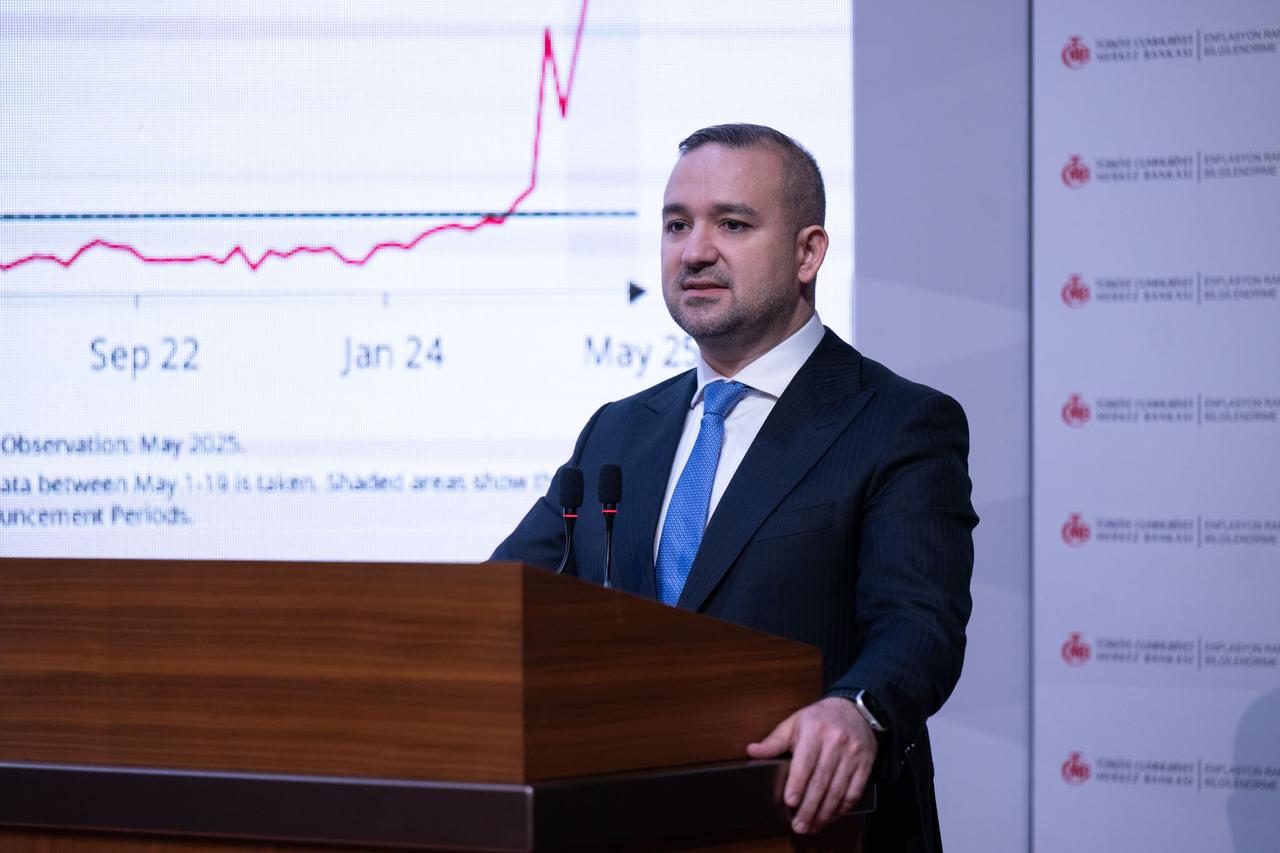
Türkiye’s central bank raised reserve requirement ratios on banks’ short-term lira borrowing from abroad on Saturday, aiming to restrict access to cheaper offshore funding and strengthen the transmission of its monetary policy through the domestic financial system.
According to the Central Bank of the Republic of Türkiye’s (CBRT) regulatory update, reserve requirements were raised to 18% for lira-denominated funds with maturities of up to one month and to 14% for those with maturities of up to three months. Previously, a flat rate of 12% applied to maturities of up to one year.

The move is designed to enhance macro-financial stability and reinforce the monetary transmission mechanism by discouraging banks from tapping into cheaper offshore markets for lira liquidity.
According to Bloomberg, the adjustment follows a notable drop in the forward implied yield of the Turkish lira in offshore markets, despite a hawkish tone from CBRT Governor Fatih Karahan during Thursday’s quarterly inflation briefing. The decline in forward rates points to a buildup of lira liquidity abroad, potentially weakening the central bank’s efforts to maintain tight funding conditions domestically.

The central bank’s policy rate remains at 46%, while the overnight lending window was frequently used at 49% throughout May. However, Türkiye’s short-term benchmark—the Turkish lira overnight reference rate (TLREF)—fell sharply on Thursday to 45.8%, down from 48.62% the previous day. This marked the steepest one-day drop in recent weeks and the first time TLREF fell below 46% since mid-April, a shift widely attributed to the central bank’s liquidity injection through foreign currency purchases aimed at boosting its reserves. However, it instantly rebounded to its previous level of 48.9% just a few hours before the CBRT's announcement.
To counterbalance liquidity conditions at home, the CBRT also conducted a ₺50 billion ($1.28 billion) lira deposit auction on Friday.
These measures come as the central bank maintains its year-end inflation forecast at 24%. Annual inflation, while still high, continued to decelerate for an 11th consecutive month in April, reaching 37.86%.